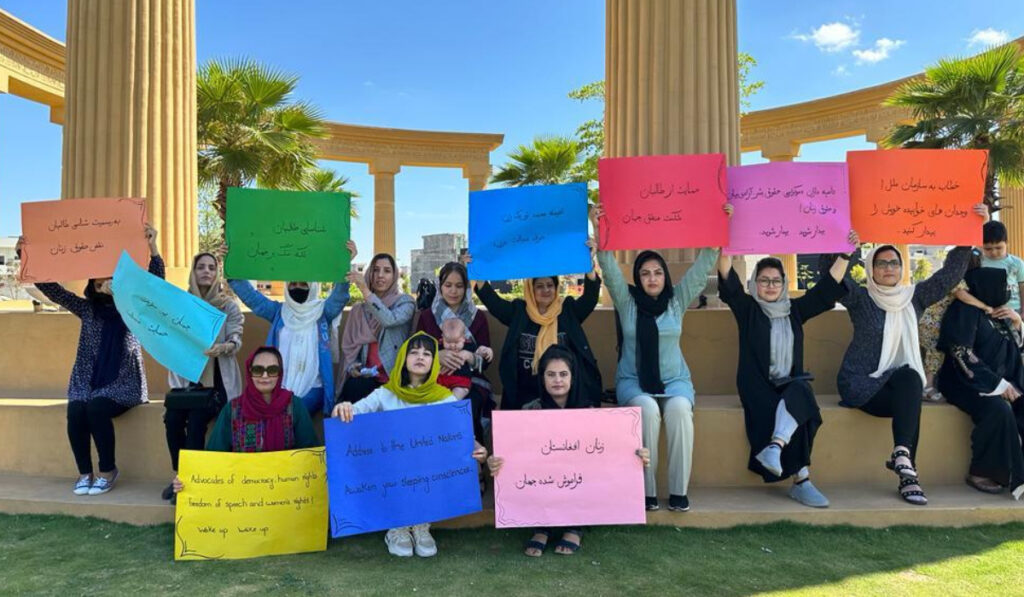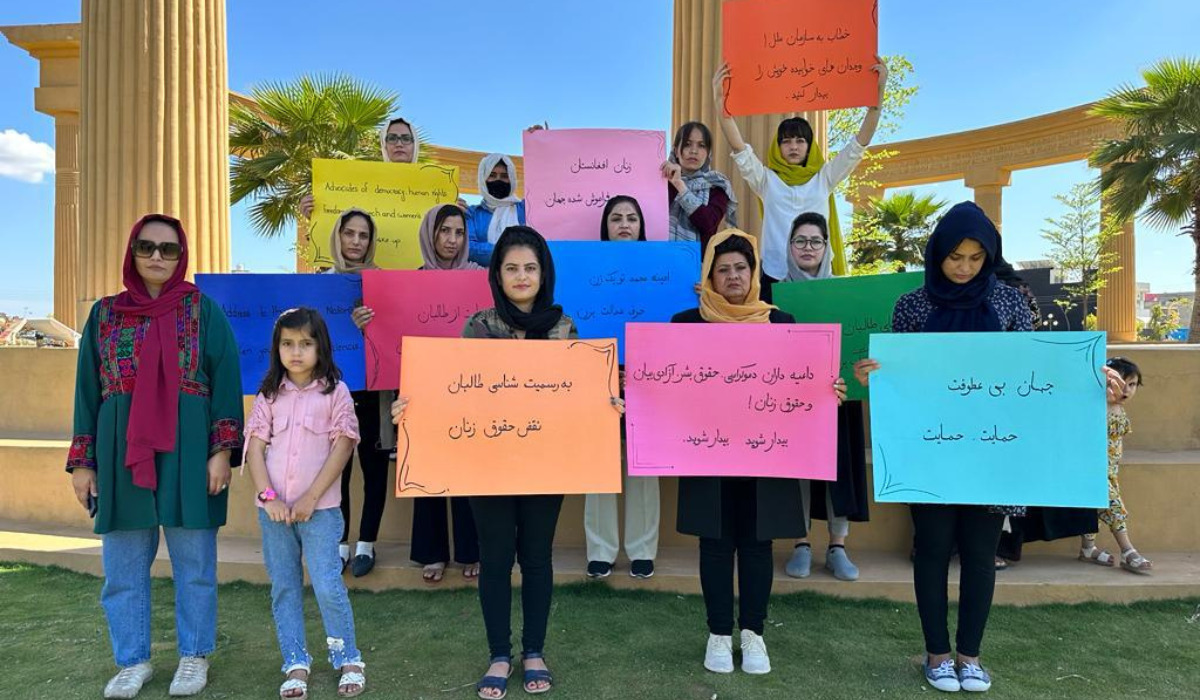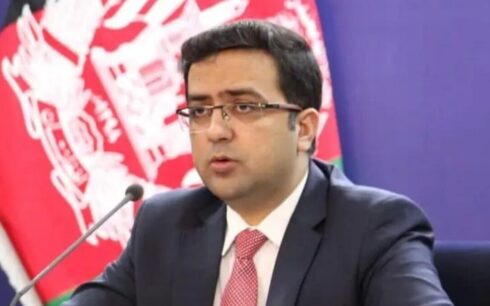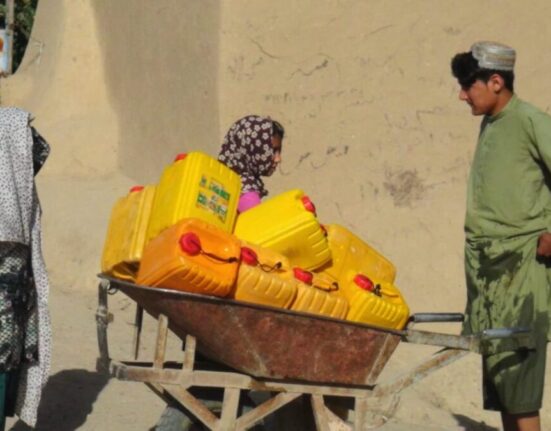Recent remarks by United Nations deputy chief Amina Mohammed on Taliban recognition has faced harsh criticism from women in Afghanistan who say the international organization and the world should see what is happening in the country, especially for women.
Mohammed, in a conversation with Princeton University, proposed a discussion be held on recognizing the Taliban in an upcoming meeting of special envoys for Afghanistan and UN officials in Doha in the coming two weeks.
Mohammed meanwhile said: “We have amazing envoys that work on Afghanistan and we have Afghan women too, and what we are hoping is that we will gather them now in another two weeks in the region and they will have that first meeting of envoys across the board, the region and internationally with the secretary general for the first time.”
“And out of that, we hope that we would find those baby steps to put us back on the pathway to recognition. Is it possible? I don’t know,” she said.
Afghanistan’s embassy in Geneva asked the UN to act responsibly and should not show the situation as normal.
“Haven’t you witnessed a fake general amnesty over the past two years? Haven’t you witnessed the suppression of women and their imprisonment in men’s prisons? Haven’t you witnessed girls’ deprivation from schools, universities, parks and restaurants? Haven’t you witnessed the torture of political activists and artists and writers in Taliban prison?” asked Zarmina Paryani, a member of a women’s movement.

A group of women has started a campaign on social media against “any attempt” to recognize the Taliban.
Meanwhile, the Afghanistan Independent Human Rights Commission in a statement on Thursday said that the remarks by Amina Mohammed are expressed at a time when the Taliban is still imposing further restrictions on the rights of women and minorities in Afghanistan.
The watchdog asked how the Taliban which does not have national legitimacy and acts in a clear confrontation of democratic and human rights principles can be recognized as a government by the UN or the international community.
The commission said that it sees the remarks by the UN deputy chief as a “disrespect” to international declarations on human rights, the UN charter and UN conventions.
This comes UN spokesman Stephane Dujarric said on Wednesday that UN Secretary-General Antonio Guterres would convene envoys on Afghanistan from various countries next month to try to find a unified approach to dealing with the Taliban authorities.
Dujarric also sought to explain comments made by UN Deputy Secretary-General Amina Mohammed about the planned Doha meeting.
He said that the issue of recognition was “clearly in the hands of the member states” and that Mohammed was reaffirming the need for an internationally coordinated approach.
“She was not in any way implying that anyone else but member states have the authority for recognition,” Dujarric said.





